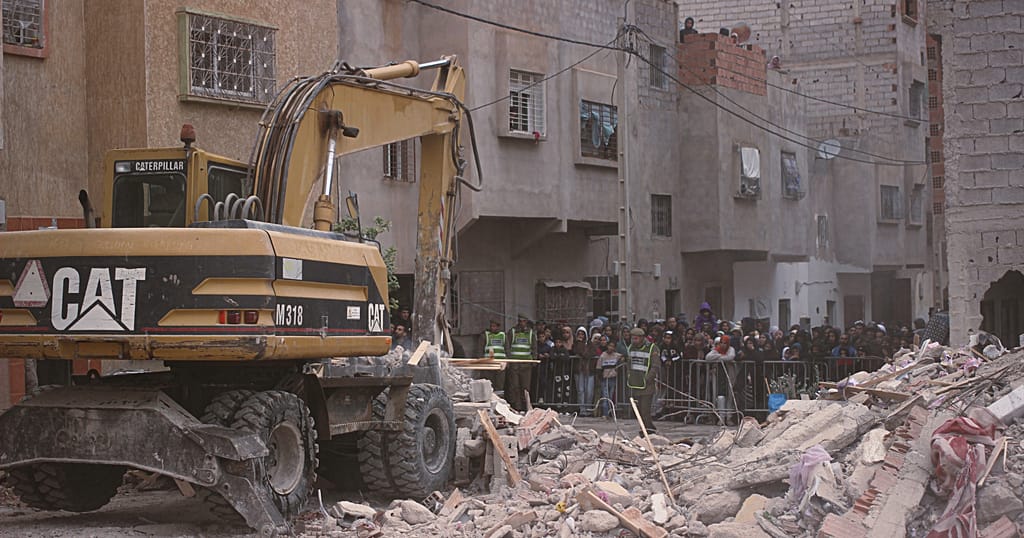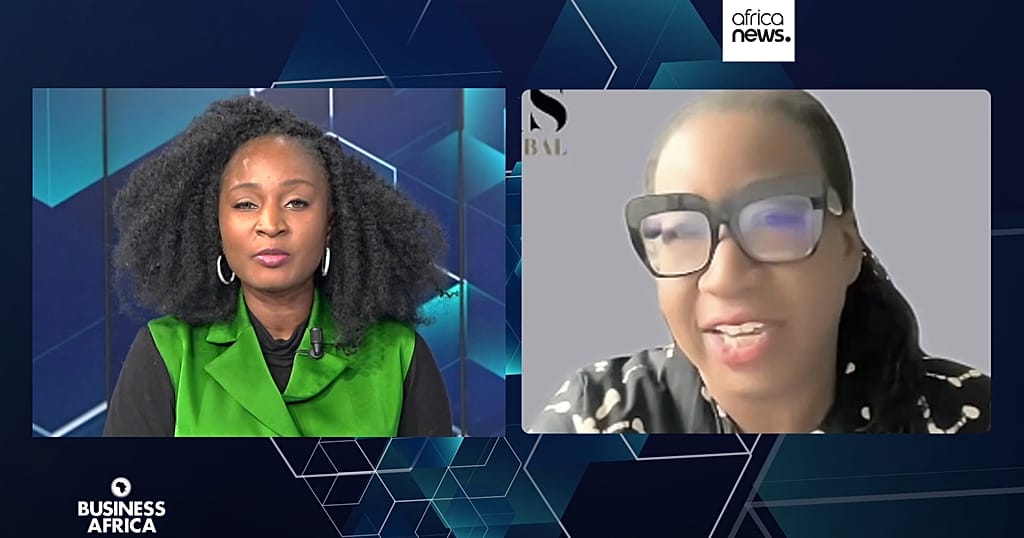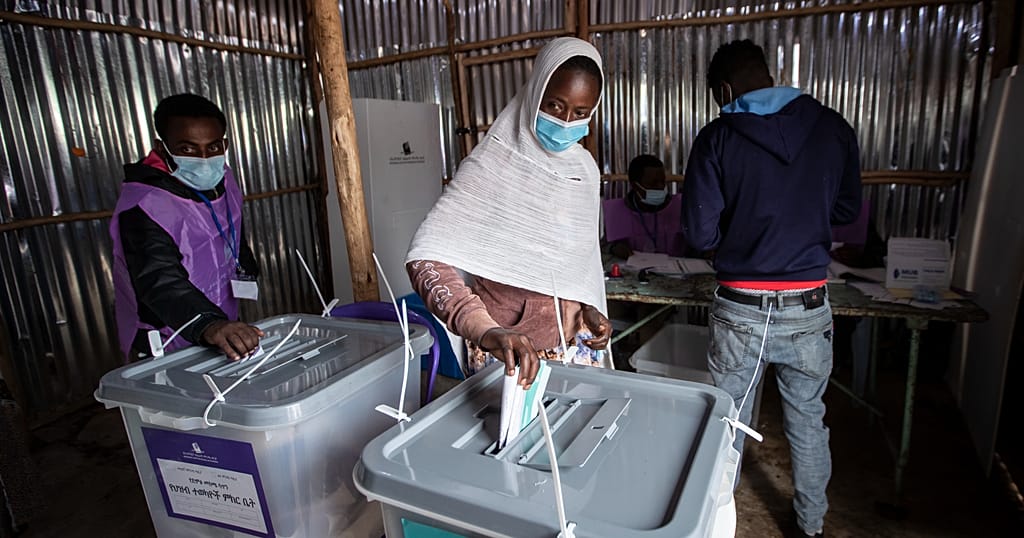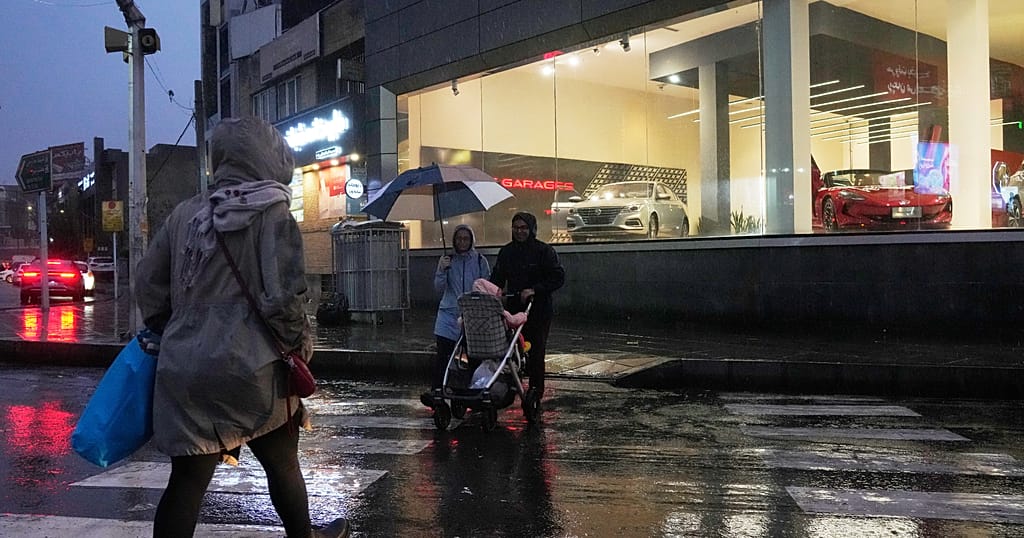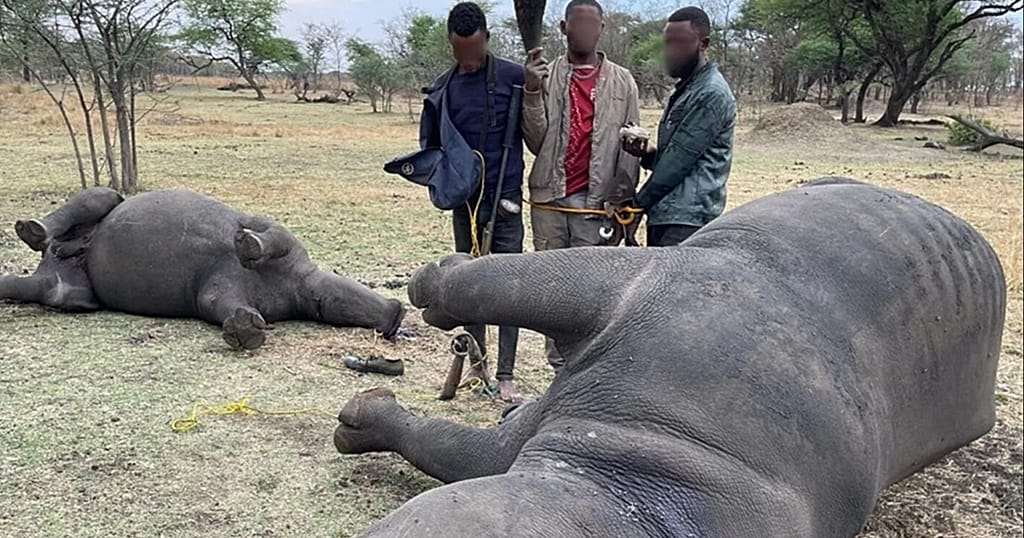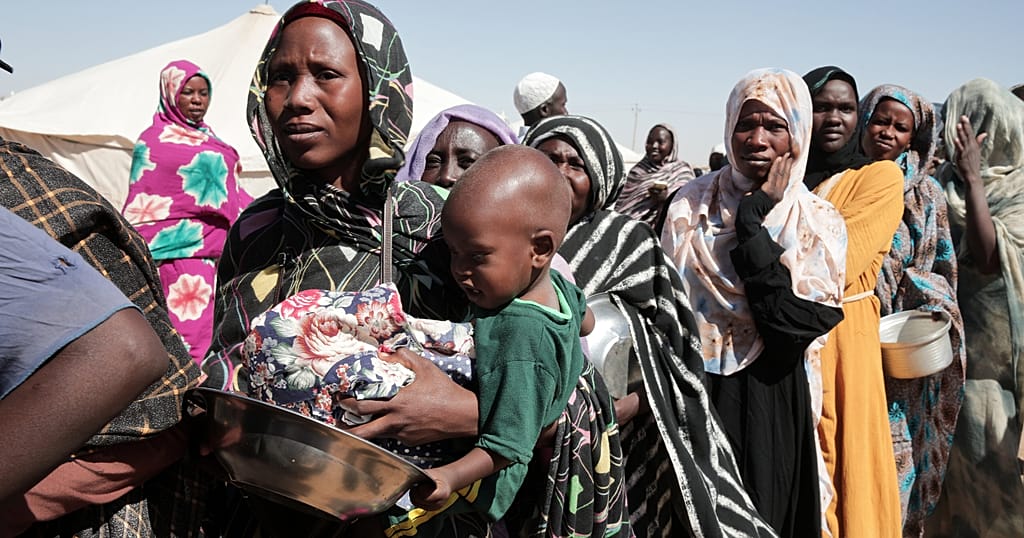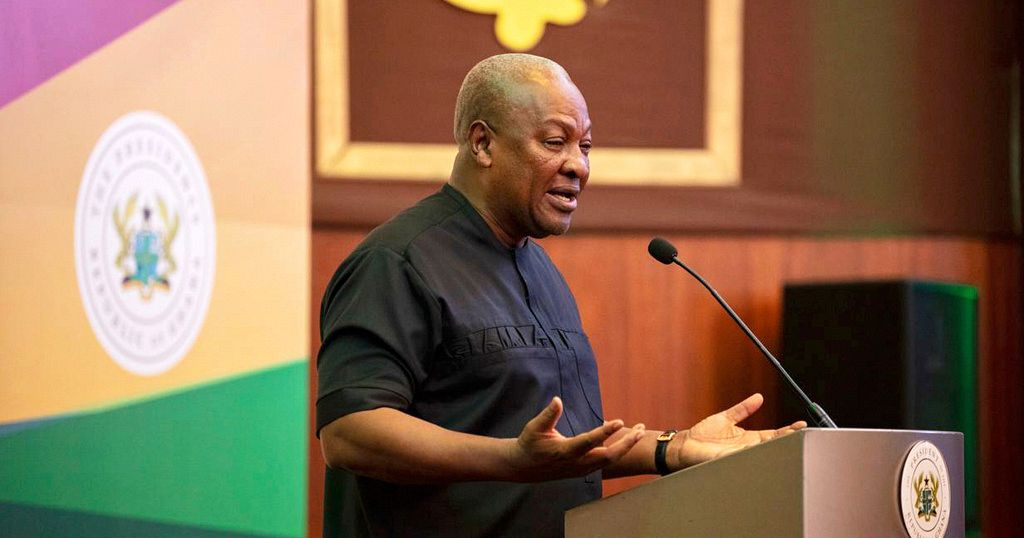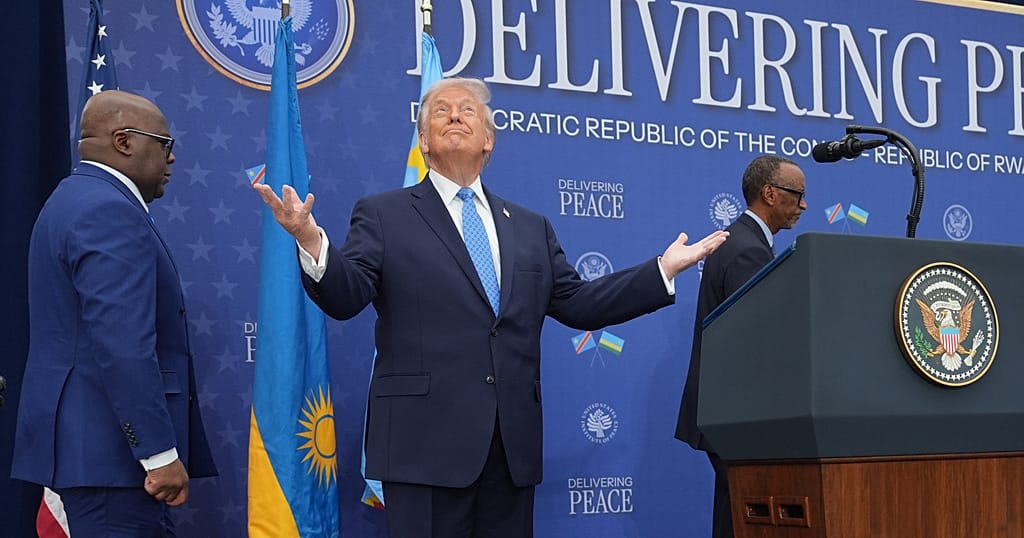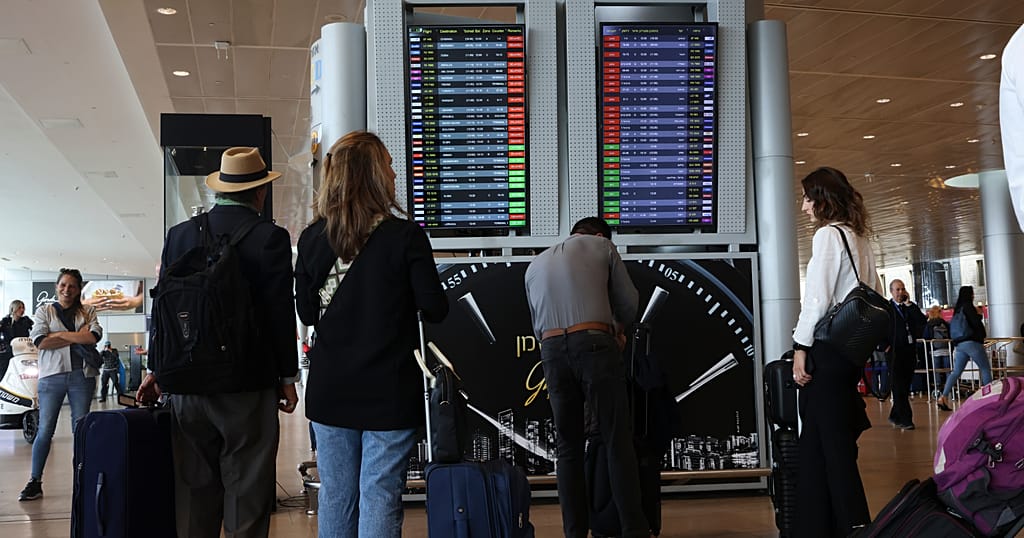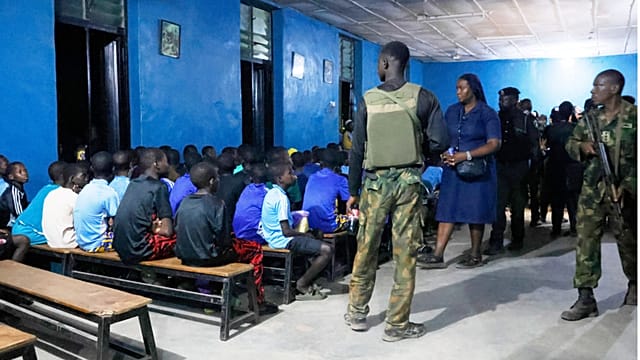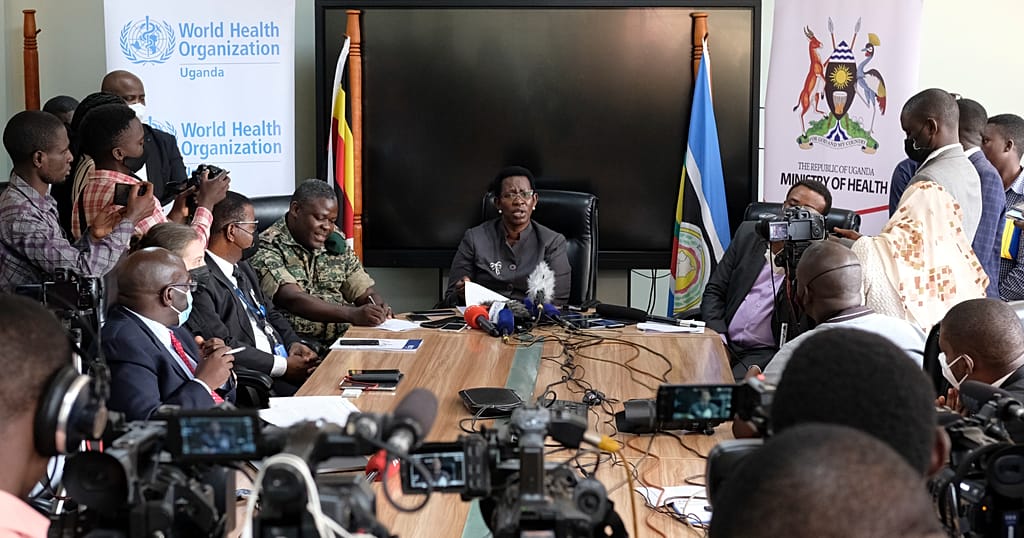Senegal President proposes general amnesty amidst political tensions
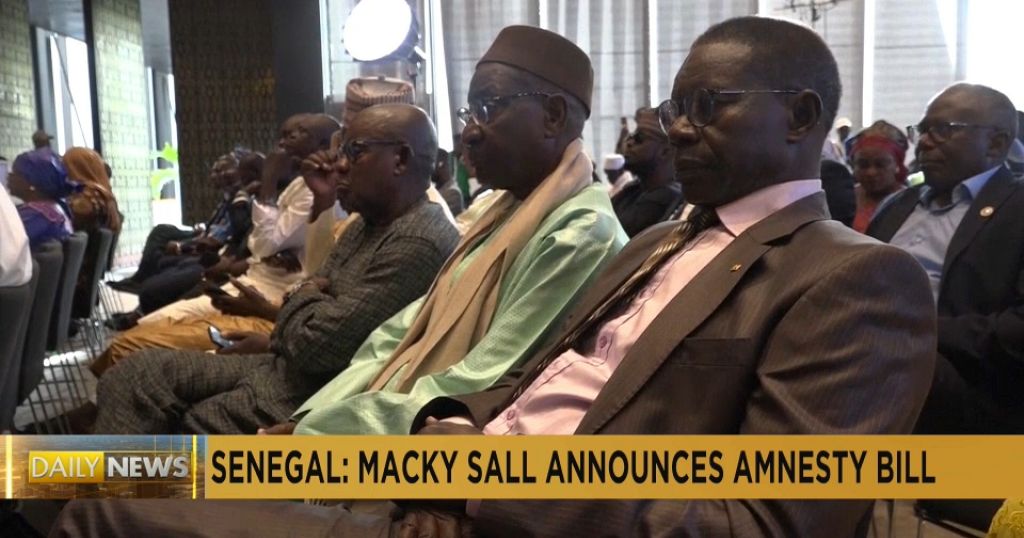
Senegal’s President Macky Sall announced plans for a general amnesty for political demonstrators from 2021 to 2024, seeking to ease tensions ahead of upcoming elections. Speaking at a national dialogue on Monday, Sall reiterated his commitment to holding elections before the rainy season begins in July and assured that he will honor his mandate’s end in April.
In a significant move towards reconciliation, President Sall expressed his intention to submit a bill to the National Assembly, calling for amnesty for political acts related to demonstrations during the specified period. This proposal aims to foster unity and create a conducive environment for the electoral process.
However, tensions remain high as rejected candidate Alioune Sarr highlighted Senegal’s rich political history, emphasizing the importance of national dialogues in ensuring democratic alternations of power. Sarr’s sentiments reflect a desire for inclusivity and adherence to democratic principles, echoing the spirit of past consensual agreements that have shaped Senegal’s political landscape.
Member of the national assembly Seydou Diouf underscored the President’s responsibility to convene stakeholders for dialogue, emphasizing the need for broad-based consultations to ensure transparency and fairness in the electoral process. Diouf emphasized that Sall’s non-involvement in the election reinforces the importance of impartial leadership in facilitating peaceful transitions of power.
Despite Sall’s reassurances, the 16 presidential candidates have boycotted the national dialogue, demanding immediate clarity on the election date following a court order earlier this month. Senegal’s Constitutional Court ruled the previous election postponement illegal and instructed the government to set a new date promptly.
The delay in announcing the election date has heightened tensions, prompting concerns about the electoral process’s integrity and transparency. As the political impasse persists, the national dialogue serves as a crucial platform for fostering trust and consensus-building among diverse stakeholders, including civil society and religious leaders.
Source: Africanews




